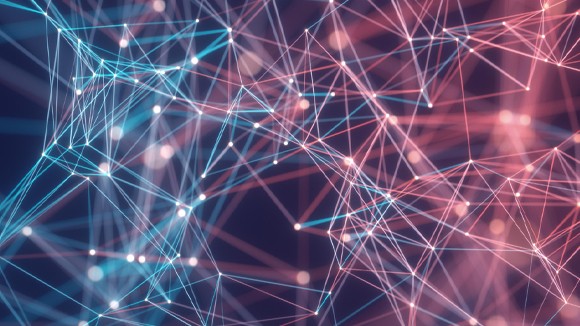 The 3G sunset has had plenty of warning, but will that matter to older adults? Many people do not remember much about January 1, 2000, the day all systems that stored 2-digit years would become useless calculators. But there was much preparation and so life went on, mostly normal. Will that be the case with the 3G-to-5G network transition? The big three carriers (Verizon, AT&T, T-Mobile) are motoring ahead with this switchover to enable them to free up, as they say, faster and more reliable bandwidth. But there are worries that they may leave some users with a phone that is nothing more than a useless brick. Experts in the industry (perhaps consultants to the carriers) say "that there will be a mere few hundred thousand customers impacted at each carrier, totaling fewer than 1 million people." Really? With 300 million cell phones in use in the US (there are only 332 million people!) and AT&T acknowledging that 196 million of them use its network!
The 3G sunset has had plenty of warning, but will that matter to older adults? Many people do not remember much about January 1, 2000, the day all systems that stored 2-digit years would become useless calculators. But there was much preparation and so life went on, mostly normal. Will that be the case with the 3G-to-5G network transition? The big three carriers (Verizon, AT&T, T-Mobile) are motoring ahead with this switchover to enable them to free up, as they say, faster and more reliable bandwidth. But there are worries that they may leave some users with a phone that is nothing more than a useless brick. Experts in the industry (perhaps consultants to the carriers) say "that there will be a mere few hundred thousand customers impacted at each carrier, totaling fewer than 1 million people." Really? With 300 million cell phones in use in the US (there are only 332 million people!) and AT&T acknowledging that 196 million of them use its network!
What, should people worry? Leading older adult advocates, including the National Council on Aging (NCOA) and AARP, may imagine that there is trouble ahead. That trouble may disproportionately impact older adults who may have kept their older phones (any bought prior to 2019, actually) and other extremely useful devices. NCOA’s article notes that home alarm systems and medical alert devices may abruptly stop working – eliminating the ability to reach emergency services. And home care providers like Comfort Keepers worry about caregivers and senior care recipients.
Carriers just want users to be sort of happy. So why not give them a free mediocre phone? That has been done, though the recipients commenting on the AARP website following one of its articles on the topic may not be pleased at any aspect of a forced transition. Verizon, the last to transition in December, watched the free phones sent out by other carriers, so last week it announced that it would give away free mediocre flip phones to customers still using its 3G network, emulating what T-Mobile and AT&T have already done. At this point, replacing a flip phone with a flip phone is a poor choice for both Verizon and the user. Free smartphones would have made more sense and provided far more functionality for those older adults with grandchildren, not to mention more (potentially subsidized) revenue for the carrier.
Not just the phones, it turns out – Kindles too. If phones (flip or smart) were purchased prior to 2019, users may lose coverage if they haven’t converted to a newer device. But maybe they haven’t noticed whether they have older Kindles (which still need access to an Internet-based library of books) and that there’s no Internet access for them unless they are on Wi-Fi. But (fortunately?) Amazon is offering a discount coupon to buy a new one.
Home alarm systems, medical alert devices – a disaster averted? "We are heading to alarmaggedon," said one industry expert. And so, a temporary reprieve enabled AT&T to use a roaming option after its 3G network shut down on July 1. You may wonder, what happened? July 1 came and went. Unless that roaming feature is now using Verizon’s network (their 3G shutdown is supposedly not until December, 2022), nothing worthy of media attention actually happened, despite warning. Was a disaster averted? One must assume that ResMed CPAP data transmission on 3G networks was addressed or perhaps not needed by the user. Did the carriers, alarm companies, PERS providers, and school bus transportation services all identify and deploy workarounds or replacements prior to the 'crisis'? Who knows?

 The
The
Comments
From Patrick Rafter via LinkedIn
I think many members of the "younger set" would be surprised to learn how many "older" folks know a great deal about technology. Also that through our decades of experience, we have seen the impact of innovations and adapted accordingly!